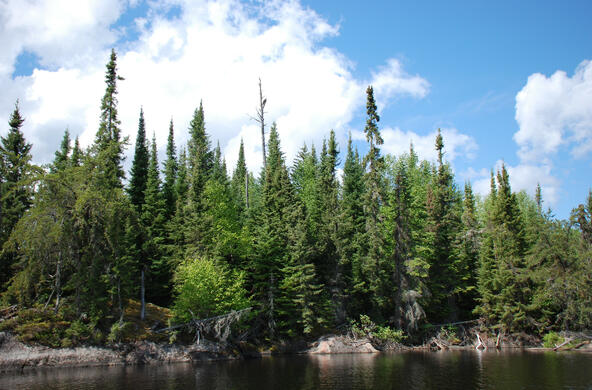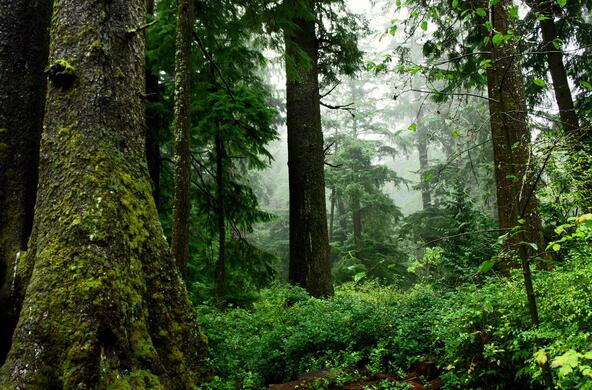Climate change is having a profound effect on people and ecosystems worldwide.
The science is unequivocal. Human activities – such as burning fossil fuels, cutting down forests, and modern agriculture – generate greenhouse gas emissions that are altering Earth’s climate. Nearly every ecosystem on the face of the planet is or will be altered. Climate change is one of the major drivers of ecosystem change.
The scale, impact, and escalation of climate change present major challenges for resource management, sustainable development, and public health.
Heat waves, floods, hurricanes, and other forms of extreme weather are increasing in frequency. Sea levels are rising, and cities are getting hotter, amplifying the vulnerability of coastal urban centers. Pests are moving into new regions altering ecosystem structure, and the spread of pathogens is posing direct threats to human health.
Cary scientists are working to understand these and other impacts of climate change and help identify future mitigation and adaptation strategies.
Our climate change research
Disease
- Tracking how climate change is increasing tick-borne disease risk by allowing ticks to extend their feeding season and expand their range northward, into previously unsuitable regions.
- Exploring the intersection of climate change, invasive mosquitoes, and infectious disease risk, with a focus on urban areas.
“Climate change is one of the factors causing Lyme disease to expand its range. It’s inducing the ticks and the pathogens they carry to move further north, into upper elevations, into the mountains in the East, up into Canada, and into Pennsylvania, where the climate is a little harsher than it is on the coast.”
Rick Ostfeld
Cities
- Identifying nature-based solutions for climate change adaptation in cities, and the social and ecological factors needed to make them resilient.
- Mapping urban heat risk, to guide targeted intervention strategies.
- Identifying best-practice flood mitigation strategies for coastal cities.
- Assessing the intersection of green infrastructure and equity to determine how communities can adopt green infrastructure that works for people and nature.
Cary Institute Research Fellow Timon McPhearson is lead author of the ‘Cities’ chapter of the International Panel on Climate Change Sixth Assessment Report, to be released in 2022.
Freshwater
- Designing Hudson River shorelines that meet development needs, while withstanding sea level rise and performing ecological functions, such as buffering floods and providing fish habitat.
- Modeling how lakes and watersheds process terrestrial carbon at continental scales to inform carbon cycle accounting and potential climate mitigation.
- Monitoring the relationship among harmful algal blooms, lake environmental conditions, and climate change.
Cary Institute is the home institution for the Global Lakes Ecological Observatory Network, an international network of researchers, educators, and community groups working to understand the response of lakes to global change using high-resolution sensor data.
Forests
- Developing a model that predicts how climate-driven tree species shifts will alter the way forests buffer pollution and store carbon, with an eye toward informing management strategies.
- Testing factors that influence tropical forests’ ability to store carbon, to guide reforestation efforts that maximize carbon storage potential.
- Exploring the effects of anticipated increases in forest harvest for biomass energy on both forest resources and wildlife habitat in the northern forest region.
- Understanding how mild winters and reductions in snow cover in the northeast impact the biological activity of forest soils and tree growth in the Northeast.
- Developing a predictive and mechanistic model of forest response to climate change for eastern North America using US Forest Service Forest Inventory and Analysis Data and projected temperature and precipitation scenarios.
- Monitoring changes in forest soils’ ability to trap methane, a potent greenhouse gas, as precipitation increases and saturates forest floors.
“Trees remove carbon emissions from the atmosphere; burning wood returns them. Recent evidence shows that the use of wood as fuel is likely to result in an increase in overall carbon emissions and may endanger forest biodiversity.”
William Schlesinger




